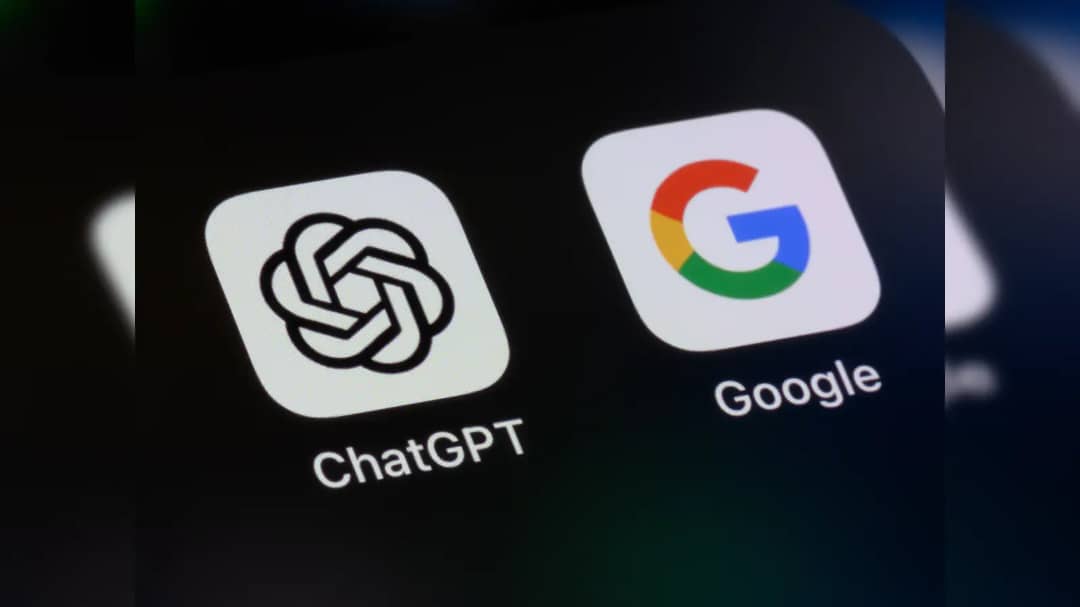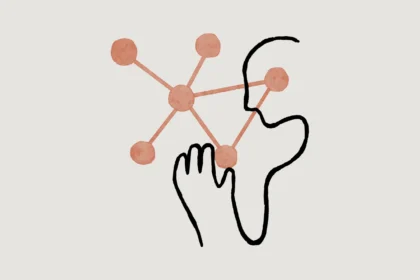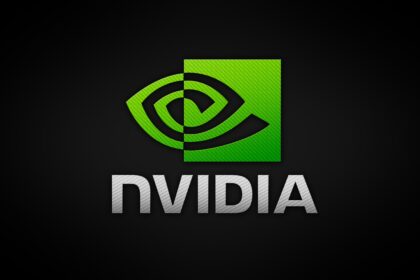In a move that signals just how far artificial intelligence has come, Google DeepMind and OpenAI have both matched and in some ways, outperformed top human competitors at the 2024 International Mathematical Olympiad (IMO). Each company’s model correctly solved 5 out of 6 complex problems, placing them in the same league as the Olympiad’s gold-medal-winning high schoolers. This isn’t just another AI milestone. It’s a big moment for general purpose reasoning and the different ways these two companies approached the challenge say a lot about the race to build the smartest machines on Earth. TechCrunch
Google: Methodical, Respectful, and Official
Google DeepMind’s model powered by Gemini 1.5 Pro approached the Olympiad like a real student. It worked in natural language, followed the official 4.5-hour time limit, and submitted its answers through proper channels to be reviewed by IMO judges. No shortcuts, no internal grading, no special treatment. Google’s team waited until the competition officially ended and results were announced on July 28 before going public with their success. Their transparency, timing, and collaboration with competition organizers gave their results credibility and polish.
This isn’t Google’s first math rodeo. In 2024, its AI models competed informally and earned what would’ve been silver medals but required multiple days per problem and lots of code-based formatting. This year, the upgrade is clear: faster, cleaner, and far more humanlike in its problem-solving flow. Reuters
OpenAI: Bold, Fast, and Off-Script
OpenAI went for a different kind of win. Instead of entering the IMO through official means, OpenAI waited until the problems were released publicly, then had its model solve them offline. The answers were graded in-house, using a team of three former IMO gold medalists, rather than competition organizers. And while the results were technically impressive another 5 out of 6 correct, OpenAI made headlines by publishing its results a full week early, well ahead of the embargo.
That move raised some eyebrows. According to Ars Technica, the IMO committee had requested both companies hold off on publishing results until the official announcement. OpenAI declined. What OpenAI’s approach did demonstrate was raw power. Their model leaned heavily on parallelized compute, generating multiple lines of reasoning at once during test time. That method gives it the ability to explore different solutions simultaneously a massive advantage, though also a costly one TechCrunch
Why This Matters: It’s Bigger Than a Gold Medal
This wasn’t just about beating high schoolers at math though, yes, that’s a flex. It’s about proving that general-purpose AI can now compete at the highest levels of symbolic reasoning, under conditions designed for brilliant humans. These models were not trained specifically for math contests. They are the same ones used for summarizing emails, writing code, analyzing data and now, solving some of the toughest math challenges in the world. It shows just how adaptable large AI systems have become.
According to Professor Junehyuk Jung, a Brown University researcher and former IMO gold medalist, this kind of progress suggests we are coming closer to an era where humans and AI collaborate to tackle unsolved scientific problems. AI is moving from tool to partner and that changes everything.
So, Who “Won”?
It depends on what kind of win you’re counting.
- Google stayed within the rules, earned trust, and proved its model could perform under human constraints.
- OpenAI delivered results first and faster, but with a looser grip on structure and formal process.
In terms of raw score? It’s a tie.
In terms of strategy? It’s a tale of two philosophies: precision vs. disruption.
Final Thoughts
Math isn’t just numbers, it’s structure, reasoning, and proof. That both Google and OpenAI’s models can now thrive in that domain, without needing problem-specific tuning, marks a turning point in AI development. The tools being built today aren’t just content generators they’re logic engines capable of solving deep, structured problems. And now, they’re playing at gold-medal level.
Related: From Chat To Checkout ; OpenAI Wants You To Shop Without Leaving ChatGPT.







